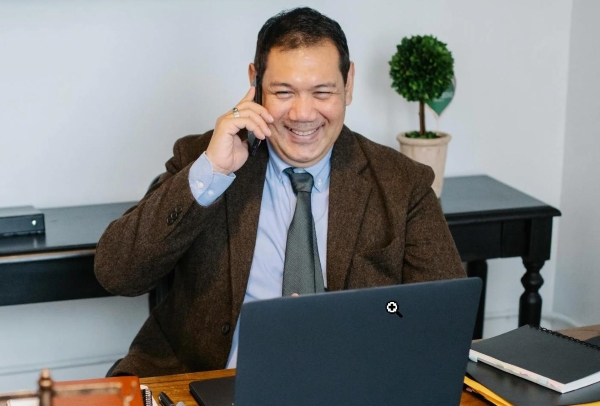How to Prove Innocence If You Have Been Charged with a Crime
A criminal record is not something you would like looming over your head for the rest of your life. You could lose your professional license, gain a bad reputation or have difficulty finding employment. Therefore, if you believe you are innocent, you must do everything possible to get acquitted and move on with your life. However, we cannot guarantee the process will be easy. Here we will tell you a thing or two about how to prove your innocence after being charged with a crime you didn’t commit.
Understand why you are being accused
Unfortunately, false accusations are a very common occurrence. One of the crucial steps you could take to prove your innocence is to understand why you are being accused in the first place. Perhaps the accusers thought you were someone else and misidentified you. On the other hand, you may have fallen victim to nefarious police officers who are looking for a scapegoat. Faulty science is also a major culprit and has led many innocent individuals to jail for crimes they didn’t commit.
Maintain your composure
You may be unaware of your accusation until the police arrive at your doorstep. We understand that you may be confused, frustrated, and even angry. However, now is not the time to lose your cool. It would be wise to remain calm, even if you want to do the opposite. When you are composed, you will be better positioned to make informed decisions based on logic, not emotion.
Have a strong alibi
Once you find out where the alleged crime happened and at what time, it will be easy for you to convince the judge and prosecutor there is no way you could have committed the crime. If you were in a store or banking hall, you could produce receipts with the time stamp and transaction records to confirm your alibi. You could also find out whether the store has CCTV footage you can extract and present before the judge.
Hire a seasoned lawyer
The most critical step you should take after being falsely accused of a crime is to talk to criminal defense attorneys you can trust. Your attorney will ask you pertinent questions, give honest feedback about your current situation and help you prove you are innocent. Ensure you listen to your attorney and do everything they ask. Going against their instructions will significantly hurt your case and increase your chance of being convicted.
Gather evidence to prove your innocence
Your evidence is the most potent weapon you could use to prove innocence and get acquitted. However, the evidence needs to be legally admissible. Now that you have had a lengthy discussion with your attorney, you could ask them to help you gather evidence to strengthen your case. The following is a list of the seven types of evidence you could provide to the judge in court.
-
Phone records
-
CCTV footage
-
DNA evidence
-
Banking records
-
Witness testimonies
-
Photos and videos
-
Employment records
Since not all the types of evidence might be available at the moment, ensure you consult with your lawyer on how to use the available options to make a strong defense.
Ascertain you have not violated any laws
Even though you believe you are innocent, you might have unknowingly committed a crime. When the authorities look into your case and discover this violation, you will be in for a rough ride. The best way to confirm you are still on the right side of the law is to speak to your attorney. After a few rounds of questions, they will use their experience to determine whether there is a possibility that you could get convicted.
Don’t talk to the police
During their initial visit, the police could ask questions about your whereabouts on a specific date. If they try to assure you that it is okay to talk, since they are not there to arrest you, it would be wise to exercise your right to remain silent. The authorities could use your words against you, even if they hadn’t charged you at the time. After your arrest, we urge you to avoid answering questions unless your attorney is present.
Final remarks
It would be wise not to get too confident that the truth will prevail in the end. Things don’t always work out, and you might end up behind bars. You are better off hiring legal representation to fight for your rights and prove without a shred of doubt that you are innocent. You are also better off not talking about the details of the case with anyone but your attorney. Read More – 5 Things to Keep in Mind Before Filing Class Action Lawsuits







